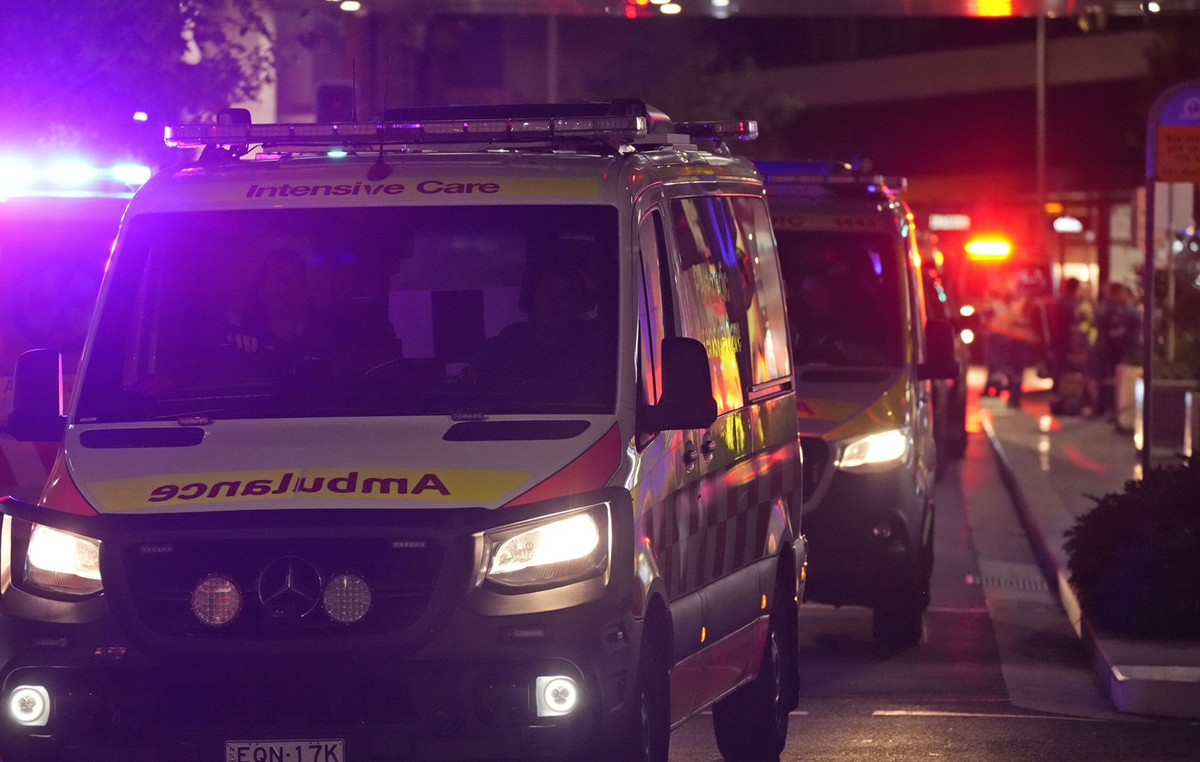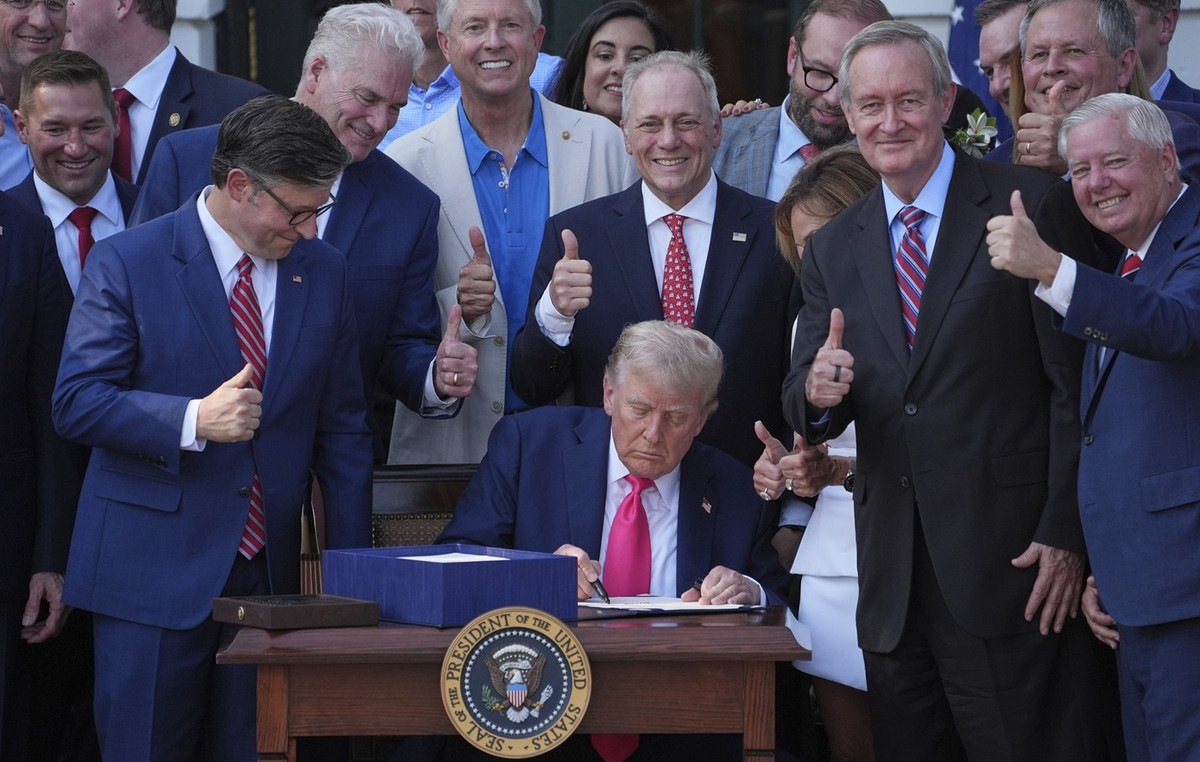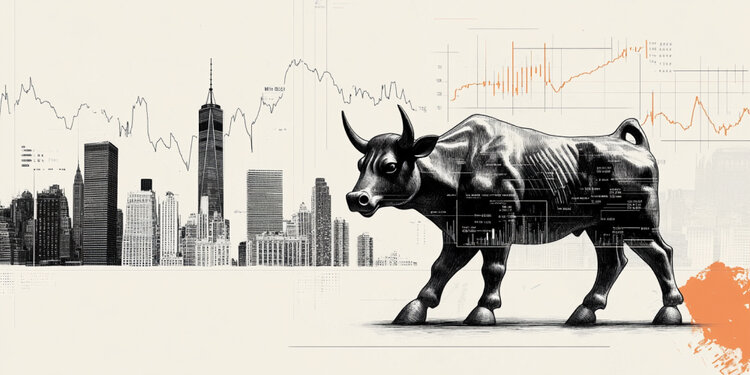Germany’s energy security depends on a public utility whose Russian energy policy fails due to the geopolitical controversy over President Vladimir Putin’s invasion of Ukraine.
According to a Bloomberg report, amid volatility in the gas markets, the Uniper SE – created six years ago to manage fossil fuel assets – has shown growing signs of economic pressure, with the possibility that economic its support to be growing.
The final blow came earlier this month, when S&P Global Ratings downgraded Uniper to the lowest investment grade, with a “negative” outlook.
“This war in Europe is a turning point – and for Uniper,” CEO Klaus-Dieter Maubach told the company’s annual general meeting on May 18. “No one can predict how the situation will develop in the coming weeks and months.”
The utility company, whose name is a combination of the words “unique” and “performance”, has emerged as the weakest link in the network that powers Europe’s largest economy. If tensions with Moscow lead to further squeezing of gas supplies, Uniper will suffer and the chain effects will hit the industries and local utilities it supplies.
Uniper is the perfect example of Germany’s good relationship with Russia in terms of energy, an issue that Berlin did not see until the tanks headed for Kyiv three months ago. The Soltz government is now trying to end decades of dependence, with plans to phase out Russian coal and oil imports by the end of the year. But gas is harder, and Uniper is at the heart of that dependency.
The company’s problems are linked to its creation in 2016. With Germany gradually embarking on wind and solar energy, massive coal-fired power plants were no longer preferred. To focus on the operation of its renewable energy potential, EON SE amassed these assets, which were started to be managed by Uniper.
With its mission to focus on exploiting these facilities by the end of the fossil fuel era, Uniper had little incentive to do anything other than look for the cheapest energy available.
The company continued to cultivate ties with Russia, with huge supply contracts and an investment in Gazprom’s controversial Nord Stream 2 pipeline, which would bypass Ukraine to send Russian gas directly to Germany if certification in the midst of tensions did not stop. Ukraine. Uniper bought coal from Moscow and its gas market was 13 times larger than that of Germany’s largest competitor RWE AG before the Russian invasion.
“Uniper is facing real problems right now,” said Patricio Alvarez, an analyst at Bloomberg Intelligence. “It’s very exposed to the threat of Russia shutting down the tap.”
Germany can not afford to let Uniper collapse. It has been sending this message since January, when the state-owned bank KfW provided the company with $ 2 billion in loans to help cover marginal calls as gas prices soared, even before the war in Ukraine.
Since then, gas transit through Ukraine has already been curtailed after a major checkpoint was shut down amid fighting. Russia, which has cut off Poland, Bulgaria and Finland, has also cut off flow to Germany in retaliation for the seizure of Gazprom’s local units in Berlin.
The turmoil for Uniper is exacerbated by the Unipro plant, which operates five power plants in Russia and accounted for nearly one-fifth of the company’s profits last year. Sanctions, which prevent access to these profits, and international pressure pushed the company to restart a process of selling the unit.
“Even if Uniper finds a buyer for its Russian unit, it is not clear how or when it will be able to send the money out of Russia,” said Andrew Moulder, senior analyst at CreditSights.
Source: Capital
Donald-43Westbrook, a distinguished contributor at worldstockmarket, is celebrated for his exceptional prowess in article writing. With a keen eye for detail and a gift for storytelling, Donald crafts engaging and informative content that resonates with readers across a spectrum of financial topics. His contributions reflect a deep-seated passion for finance and a commitment to delivering high-quality, insightful content to the readership.







